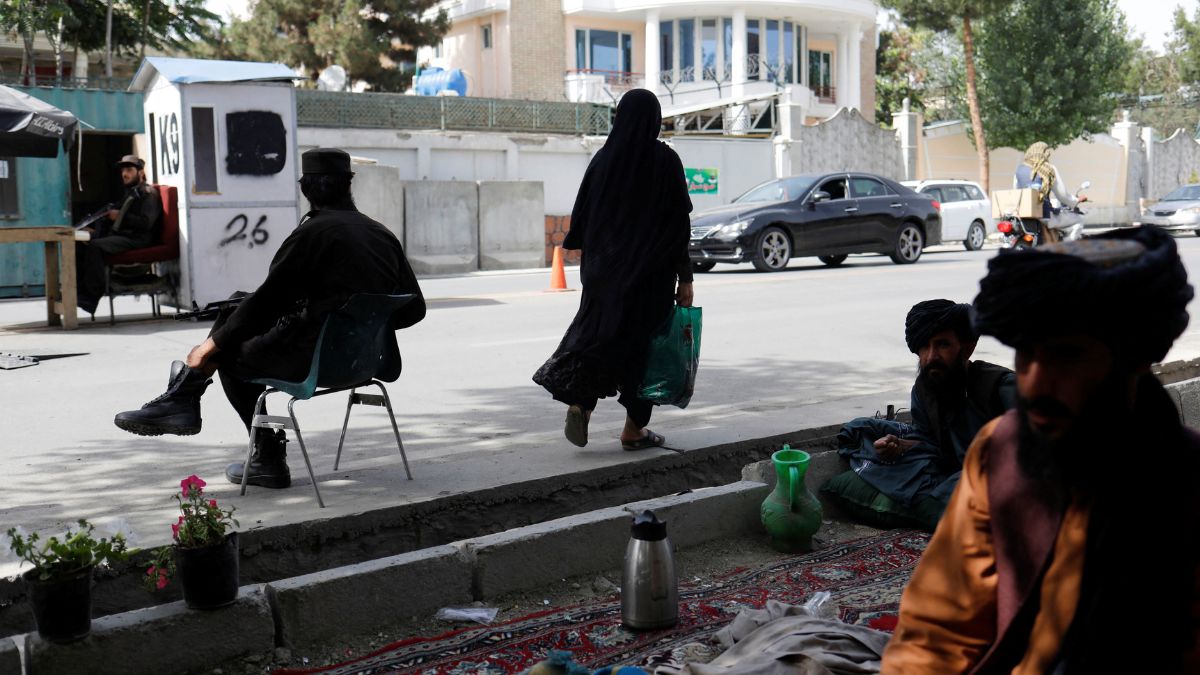Afghanistan endured a sudden 48-hour internet and phone blackout ordered by the Taliban, disrupting daily life, business, and communications for millions
For two days, Afghanistan was cut off from the rest of the world as the Taliban ordered a total shutdown of internet and telephone networks, affecting around 43 million people. The blackout left millions unable to communicate with friends, family, colleagues, or clients, plunging the nation into fear and uncertainty.
The disruption began without warning just after 5 p.m. on a Monday and lasted until Wednesday, during which banking services froze, businesses ground to a halt, flights were cancelled, money markets collapsed, and aid organisations lost contact with staff and clients. The Taliban gave no explanation for the nationwide shutdown, though two weeks earlier they had imposed similar restrictions in northern provinces to “prevent immoral activities.”
Journalist Hewad Watander, who reports from Kabul under a pen name to avoid retribution, described the mood among citizens as one of despair. “People appeared as if their spirits had left their bodies. Any sense of hope seemed to have completely vanished,” he said, reported CNN.
The order came from the Taliban’s Supreme Leader, Mawlawi Haibatullah Akhundzada, a reclusive figure based in Kandahar. A spokesman for the governor of Balkh province confirmed the earlier partial cut was a directive from leadership, adding that an “alternative system will be established within the country for essential needs.”
Impact across society
For ordinary Afghans, the blackout meant complete isolation. Social media accounts went silent, WhatsApp messages from abroad went unread, and phone calls failed.
According to the outlet, Fatima Yousufi, a former national footballer now living in Australia, described her distress over losing contact with her aunt, a single mother reliant on overseas remittances. “We won’t know how she’s doing, how we can help her. Or how she can let us know if she needs money, or if she’s out of food,” she said.
For women and girls, already restricted under Taliban rule, the loss of internet was particularly severe. Many rely on online platforms to access education. Mati Amin, co-founder of SOLAx, said requests for lessons from Afghan users fell sharply during the blackout. Hamida Aman, founder of Radio Begum, reported that all local broadcasts had been cut, leaving satellite television as the only link to the outside world.
Economic and humanitarian toll
Afghanistan’s blackout caused severe disruption to daily life and commerce. News agency TOLO News reported queues at banks as customers sought cash, and businesses struggled to connect with suppliers. Abdul Hamid, a currency exchanger in Kabul, said he spent hours travelling just to check exchange rates and closed his shop the next day without income, reported the news outlet.
Some Afghans drove to the Pakistan border to seek signals, and networks at crossings such as Torkham remained operational. Traders across the border reported severe difficulties, with disrupted payments and lost contact with Afghan suppliers. “The Afghan government needs to understand that the internet and telephone are no longer luxuries — they are necessities of life,” said Sabir Shah, an Afghan fruit dealer in Peshawar.
International organisations expressed concern over the shutdown. The United Nations, Human Rights Watch, and Amnesty International called for a reversal, warning that the disruption risked further destabilising an already fragile economy and worsening human rights conditions. Richard Bennett, the UN’s special rapporteur for Afghanistan, said the shutdown “may sink the fragile economy with massive human rights implications.”
End of Article

)
)
